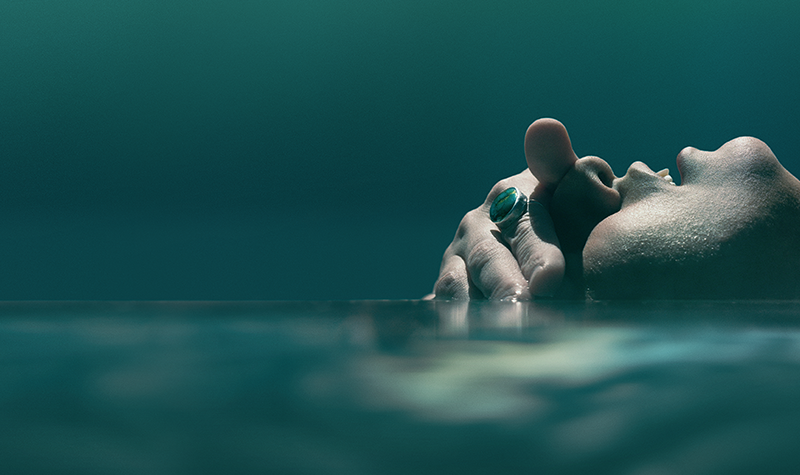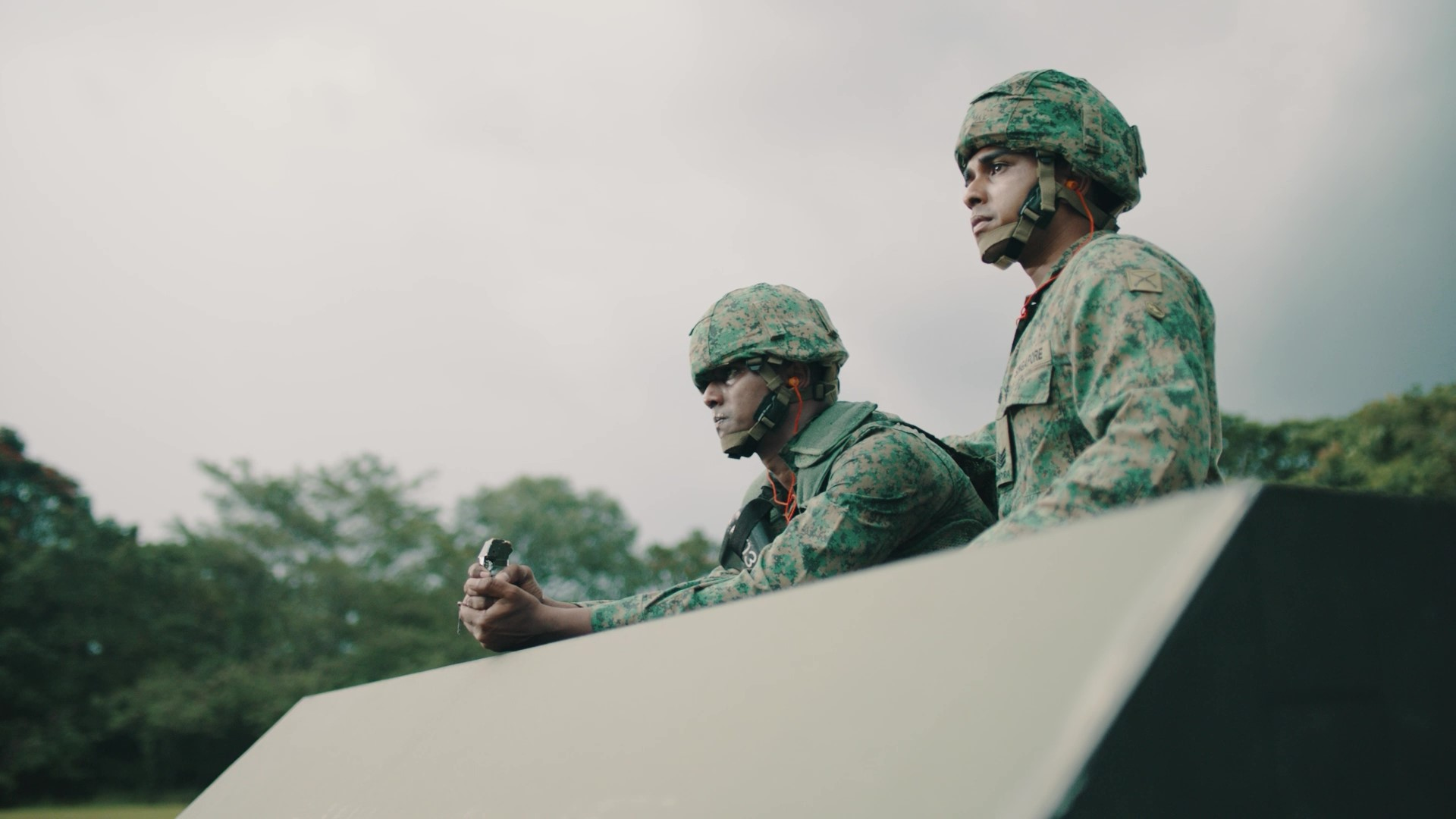Have you ever stopped to wonder what happens to the money that you donate to help the underprivileged? How exactly does the money help them? Local filmmaker Mak Chun Kit, who has made award-winning films like Little People Big Dreams and China Close Up, is producing a crowd-funded documentary to explore those questions. Titled Buying Happiness, it shows how donations help orphans in the Tanzanian city of Arusha overcome various obstacles.
Having previously taught orphans in Tanzania, Mak returned 11 years later to find that their conditions had worsened since he left. Of his students, one had passed away, one was in an abusive marriage and another had gotten into trouble with the law. Wanting to help them, he decided to make this documentary about them to challenge the notion that donations are misused, and to show the world how donations were really used to help the underprivileged. He also hopes to raise enough awareness and money to finance the projects of a few of the orphans like John, who wants to get a driver’s license so that he can drive a truck for a living, sponsor the education for a few of them and more. Find out how you can help here.
Here we talk to Mak about his venture, his experiences with the kids, and how he plans to help them.
How did you end up at this orphanage in Tanzania?
I was 25 and a fresh graduate, hungry for the next big adventure abroad. By then, I’ve had the privilege of travelling to four continents. And Africa seemed like the ultimate frontier. I wanted an experience beyond backpacking and thought of volunteering as a way to give back and to learn about a country beyond the surface. So I then researched for options online with different NGOs. And one that offered a teaching position “living at an orphanage at the foothills of Mount Meru in Tanzania without running water or electricity” sounded absolutely perfect.
What prompted you to make a documentary?
Initially, I thought of making a documentary about what happened to orphans at an orphanage over a decade on. But upon meeting my friends again and learning about the dire situations of some of their lives, I couldn’t simply make a film without helping them in the process. So I started thinking about finding a way to marry both ideas. Asking for donations to help African orphans is sadly a cliche and hence a challenge. But I thought that asking for donations and promising to film exactly how they impact the lives of the beneficiaries might just work. It took a year for the idea to fully crystallize and for us to eventually launch our first crowdfunding campaign.
Tell us about some of your most memorable interactions.
I haven’t seen John, one of the orphans, in over 10 years. He was one of the brightest children at the orphanage and did very well in primary school back in 2004. But I’ve heard that he had since dropped out of school and lived on the streets. So when we eventually arranged to meet in 2015, I was slightly unsure how the encounter would turn out. He looked a lot older than his 23 years when we met. He came up to me, gave me a hug and cried on my shoulders for 15 minutes. I knew then and there that society and everyone in his life had given up on him. And that I had to find a way to change that.
It was during that trip that John took me to the grave of Sophia, one of the orphans who had recently passed away. Her grave was not marked; simply a mound of gravel by the dirt road with trash strewn around it. It seemed that this was all that remained of her short life. I finally registered her death emotionally and memories of her flooded my mind. I was filming and started to break down for the first time in my career. Perhaps she would have survived had I returned to Tanzania a year earlier and helped her with the Buying Happiness project.
What are your expectations from the documentary in terms of helping the orphans?
As their friend, I’m hoping for Disney endings. And as a filmmaker, I understand that life is uncertain. And despite our best efforts, plans do not always pan out the way we expect them to. I feel that once we have raised the money to finance all of their projects, I’ve fulfilled my responsibility as a friend. The next step would be to tell their stories honestly with all the complexities of life. And to share them with the general public who have entrusted me with their money and with the rest of the world.
Do you believe that donating money can change the lives of the poor?
If I didn’t believe so on some level, I wouldn’t be making this film. I personally believe that there are pivotal moments in all our lives when we need something or someone to change the trajectory of our destinies. Most of us in Singapore have the tools to do that on our own as we live in a privileged and meritocratic society. But my friends in Tanzania and millions others unfortunately don’t. While money may not necessarily change the lives of the poor, as there is always a complex amalgam of factors at play, it would definitely give them the ability to do so on their own terms.
What sorts of comments and feedback have you gotten from fellow Singaporeans?
I’ve received so much love and support from family, friends and strangers who have heard about the film. Many are cynical about NGOs and find what I’m trying to do refreshing. Perhaps in many ways, I’m on a one-man mission and the immediacy and intimacy of the project resonate with fellow Singaporeans who have always been keen to help but never quite found a way that they trusted.
Do you think life in Singapore shields us from having to empathize with the disadvantaged?
From my own experience, it is easy to live in a bubble by consciously or unconsciously shielding oneself from other ways of life in the city. But I think Singaporeans have always been very generous and giving. And social media has allowed us to become more aware of the challenges facing different communities amongst us.
How’s the production of the documentary coming along?
It is going well. For a project that spans years, it is important to pace oneself with the finish line in mind. The first leg of the production has been completed and we are currently focusing on our fundraising efforts to keep us going the rest of the way.
Watch the teaser trailer here:
For more information about his project and how to donate, check this page here.





